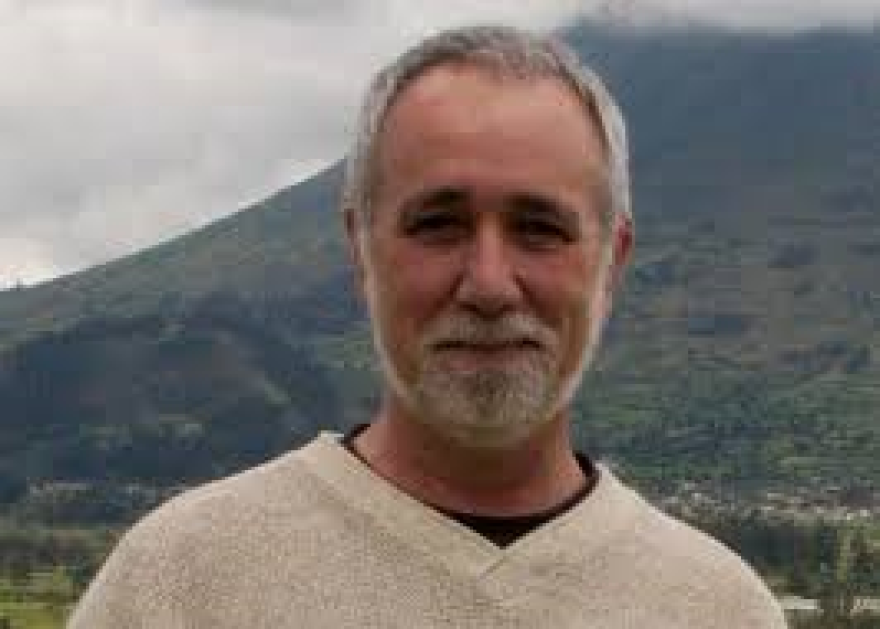The outbreak of ebola in Africa is a nightmare, but for one Virginia man it’s an opportunity to launch the software he’s been working on for ten years – a program he believes could help to prevent future epidemics that begin in poor countries.
Rogers Hellman says he got rich during the Dot Com boom as a programmer and then an executive with America Online. Rather than invest in fast cars or big houses, he hit the road – determined to help poor people in the Third World. In Guatemala, he watched doctors keeping medical records by hand and realized how hard it would be to find a patient’s history the next time he or she came in. People didn’t have social security numbers, and many had the same name.

“They didn’t have addresses. Most of them didn’t know their date of birth.”
He figured it would be fairly easy to create software that would run on a PC, identifying patients by a fingerprint.
“Guatemalans were comfortable with using fingerprints, because banks had started using them by this time.”
But then things started getting complicated.
“It needed to work in Spanish in Guatemala, but I ended up doing this in Haiti, so we needed it in French, so I ended up making it so it worked in 50 different languages.”
Even screen design proved more complex than he expected. What makes sense in one culture can be confusing in another, but he was encouraged by how well the program worked in Haiti.
“When we first put the system in, it was just like anywhere else in the world. People are resistant to change. The staff was not all that excited. About eight weeks into it, I think, they became neutral, and then about three months later, the generator died on a given day, and they went crazy. They wouldn’t practice medicine any other way now.”

And, he says, feeding information from multiple clinics and hospitals into a single database makes magic possible.
“What I mean by that is you’re able to start mapping disease patterns. You can see who’s being sick with what disease where, and that is easy then to start analyzing and finding root causes for the diseases. If this had been in place in Western Africa a year ago, we would have been able to see ebola within 30 seconds after it had been first diagnose, and that’s when it’s easiest to contain outbreaks.”
So now he’d like to take his product to Africa, but there’s one more problem. Having spent ten years on the program he calls Simple Electronic Medical Records or SEMR, Hellman says he’s broke. That’s why he’s has again turned to the Internet, launching a kickstarter campaign calledHelp African Electronic Records to make his travels possible.

